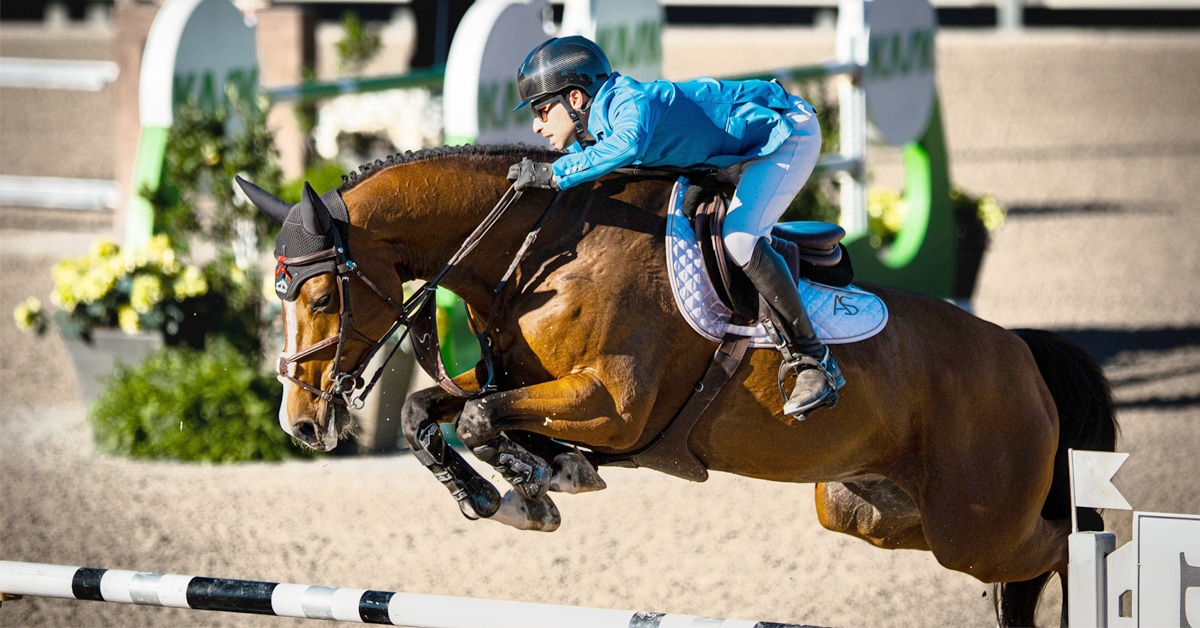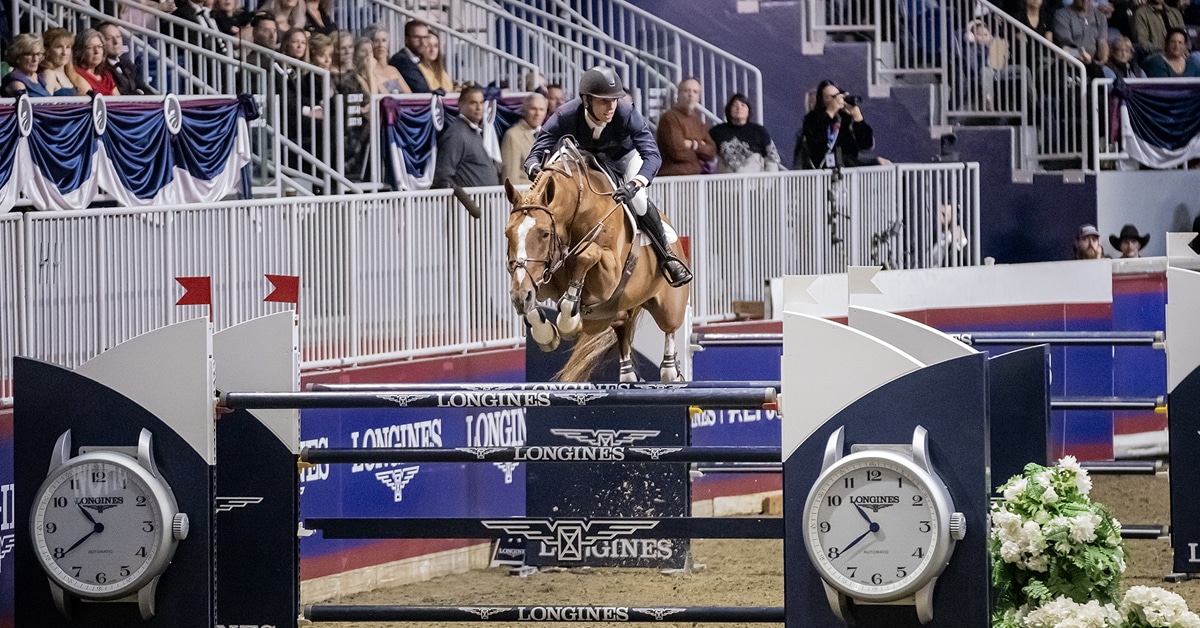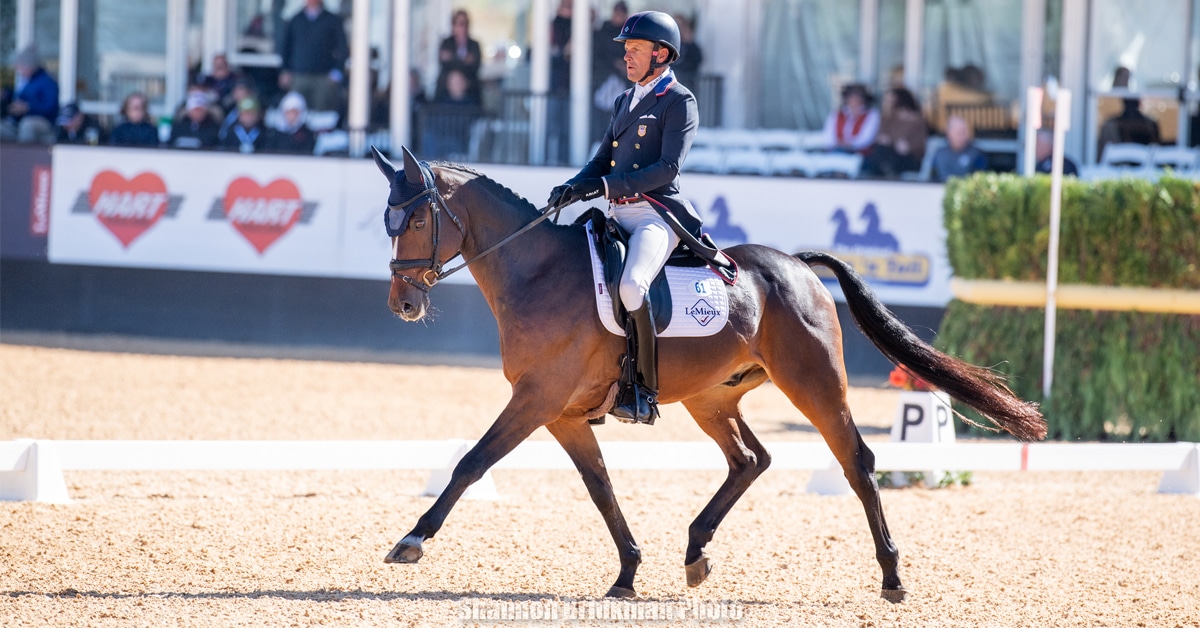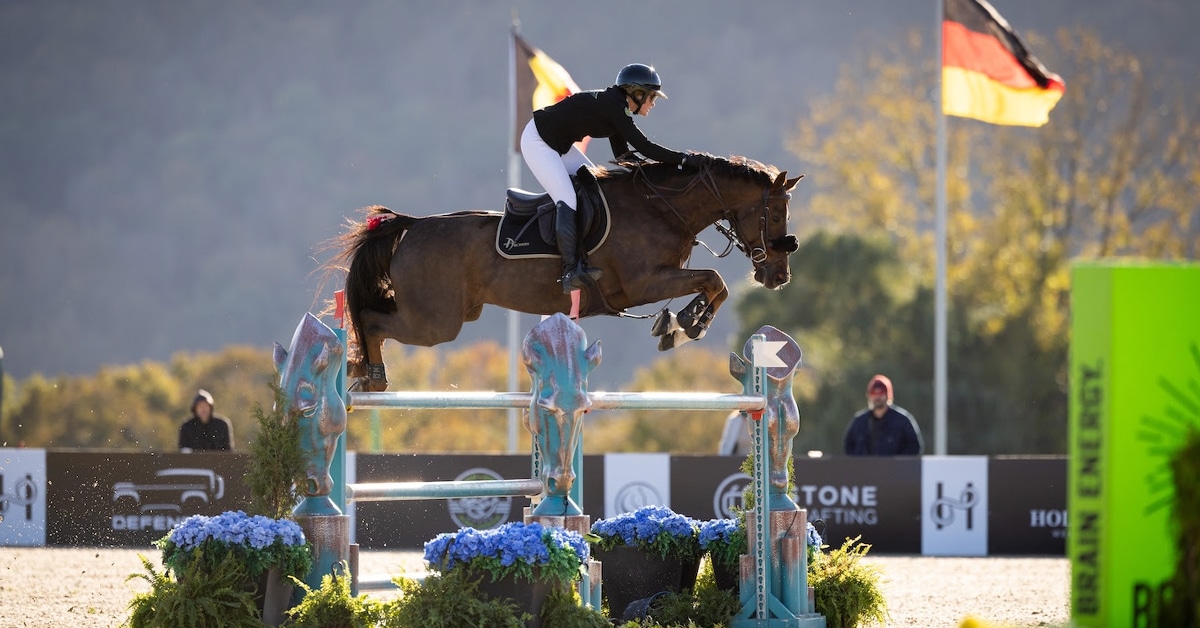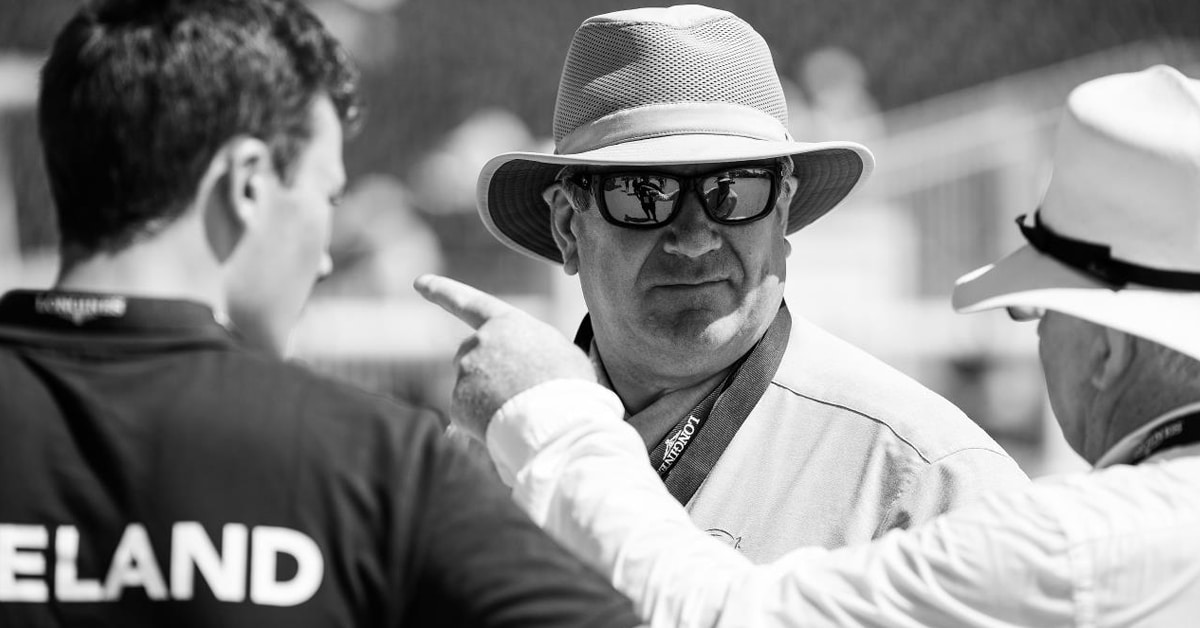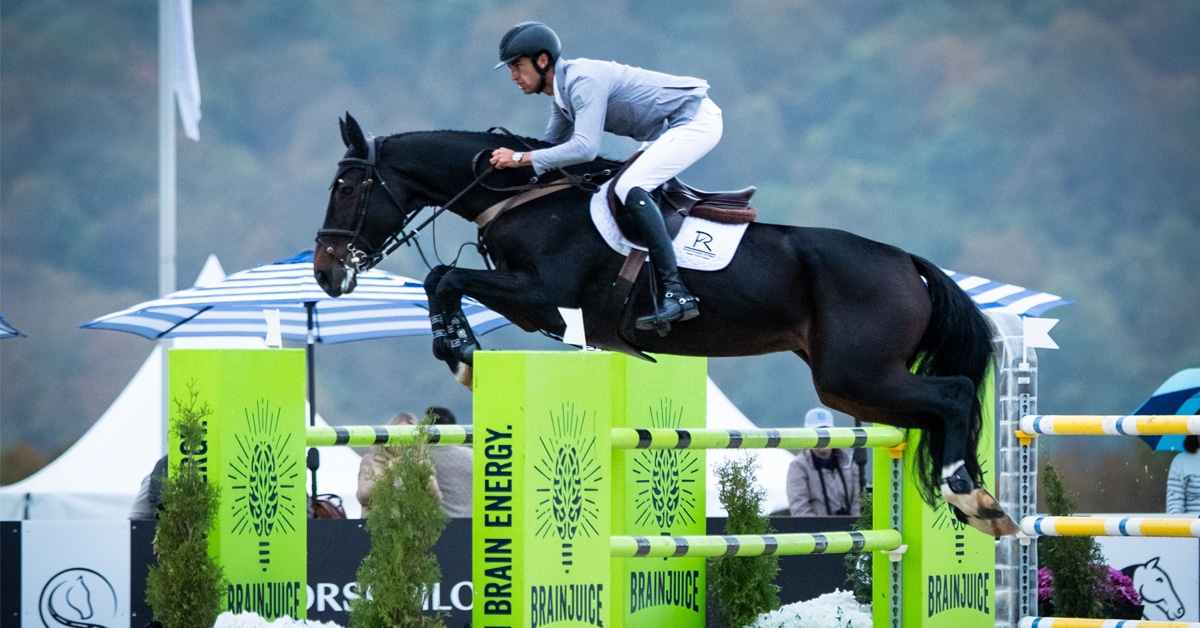Tougher new sanctions for dangerous riding, abuse and blood on the horse will apply from January 2020 in FEI eventing, if agreed by the FEI General Assembly in Moscow next month.
Eventing now has more field-of-play sanctions for horse abuse and dangerous riding than any other horse sport, including the troubled discipline of endurance, though this rationale partly results from the growing effort in cross-country risk-management.
The new Eventing Recorded Warning is clearly distinct from the yellow warning card and is aimed at making the rider more responsible for his own actions. Three new-style recorded warnings in a 24-month period will result in automatic two-month suspension.
Eventing sanctions had already been changed for 2019. The further revision was suggested by the FEI’s board and legal department, and supported by the FEI technical committee. It has met little opposition from national federations, apart from Germany who would prefer the “totting-up” period to span 12-months rather than 24, and sought more flexibility over the assessment of dangerous riding.
An Eventing Recorded Warning will be awarded for: continuing after three refusals, a fall, or any form of elimination; any other dangerous riding; not seeing a vet or a doctor after a fall; leaving the venue having failed to complete the cross-country without having the horse checked by the veterinary delegate; all cases of “minor blood” caused by the athlete. Ground juries may also apply a discretionary 25 extra penalties and/or elimination. “Pressing a tired horse” will incur the new recorded warning plus an obligatory 25 penalties, so that the rider does not obtain a qualifying score.
Riders prevented from starting the cross-country due to the concerns about their ability or control must also receive the Eventing Recorded Warning.
Offences still punishable by yellow card come in line with other FEI disciplines. Two yellow cards in 12 months for ANY offence (previously the same offence) will now result in a two-month automatic suspension rather than the four-months briefly applied to FEI eventing only.
Pressing a “tired” horse is already considered as abuse and now joins the definitions of dangerous riding. The FEI is has produced producing a video for officials showing the differences, in its view, between tiredness and exhaustion.
These major changes for 2020 was published the same week social media debated the riding of British eventing rider Jack Pinkney on his 5* debut at Pau, querying why officials had not stopped him after his reins broke at fence 11. He coped until fence 27 when the shorter left rein was pulled out of his hand, losing control and causing Raphael IV to attempt to jump a 10-foot stockade-type perimeter fence. Pinkney was given an official warning, as set out under current FEI rules, having presented himself to the ground jury after attending to his horse.
A video has gone viral – the compilation shows the aftermath before the incident itself:
Pinkney, 27, has apologised on his Facebook page, explaining that he continued because his adrenalin was up and he had not wanted to let people down: “I was so angry with myself and if I had to live this moment again I would pull up to preserve my boy of any risks.”
New rule proposals for eventing and all other FEI sports can be found here.
More News
